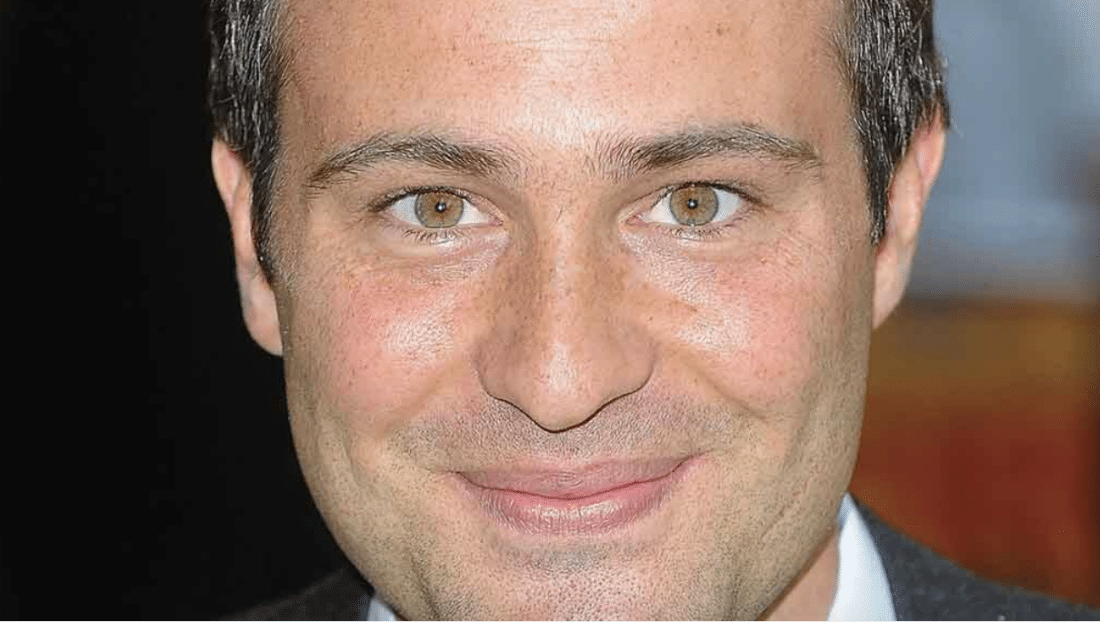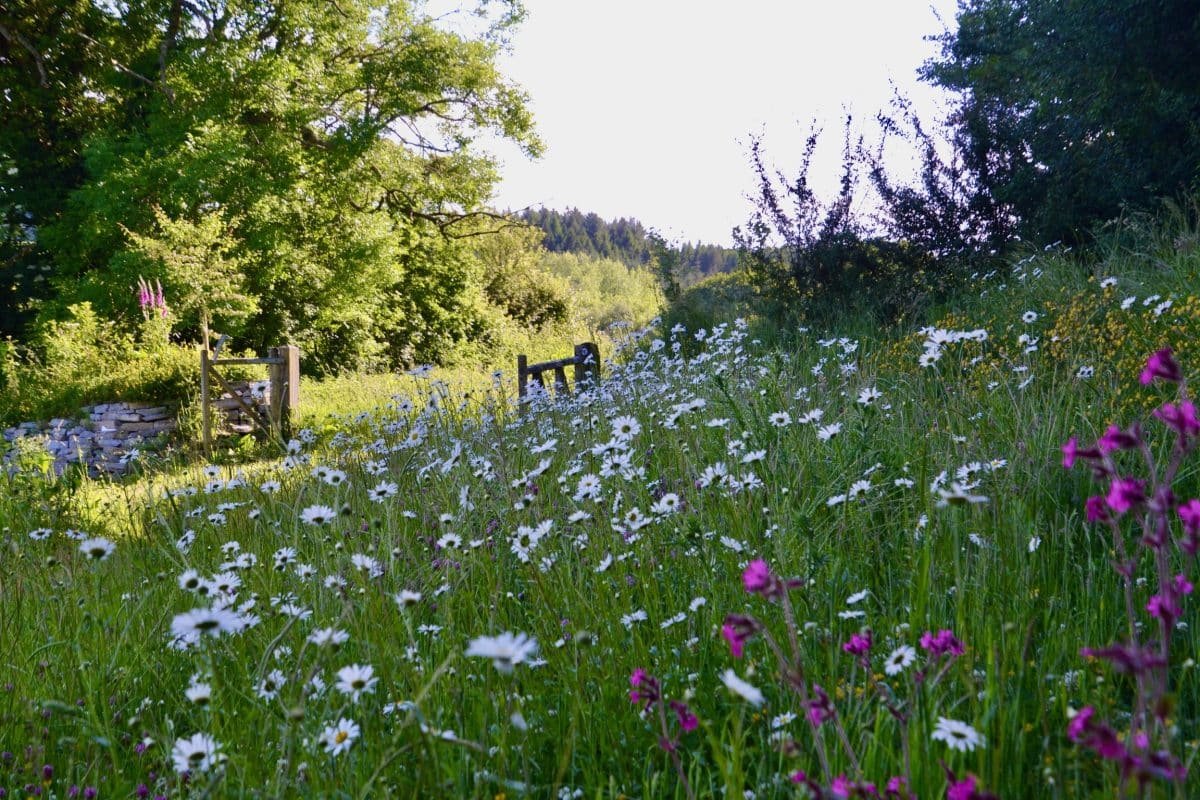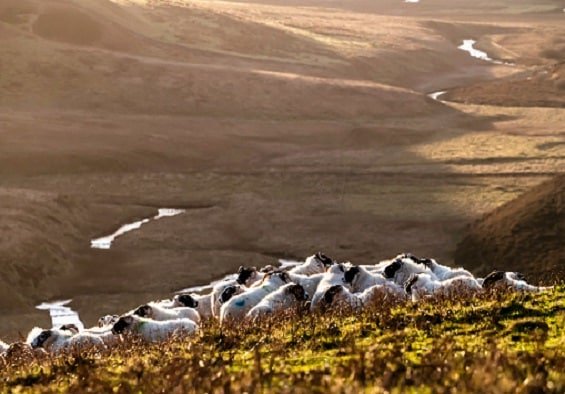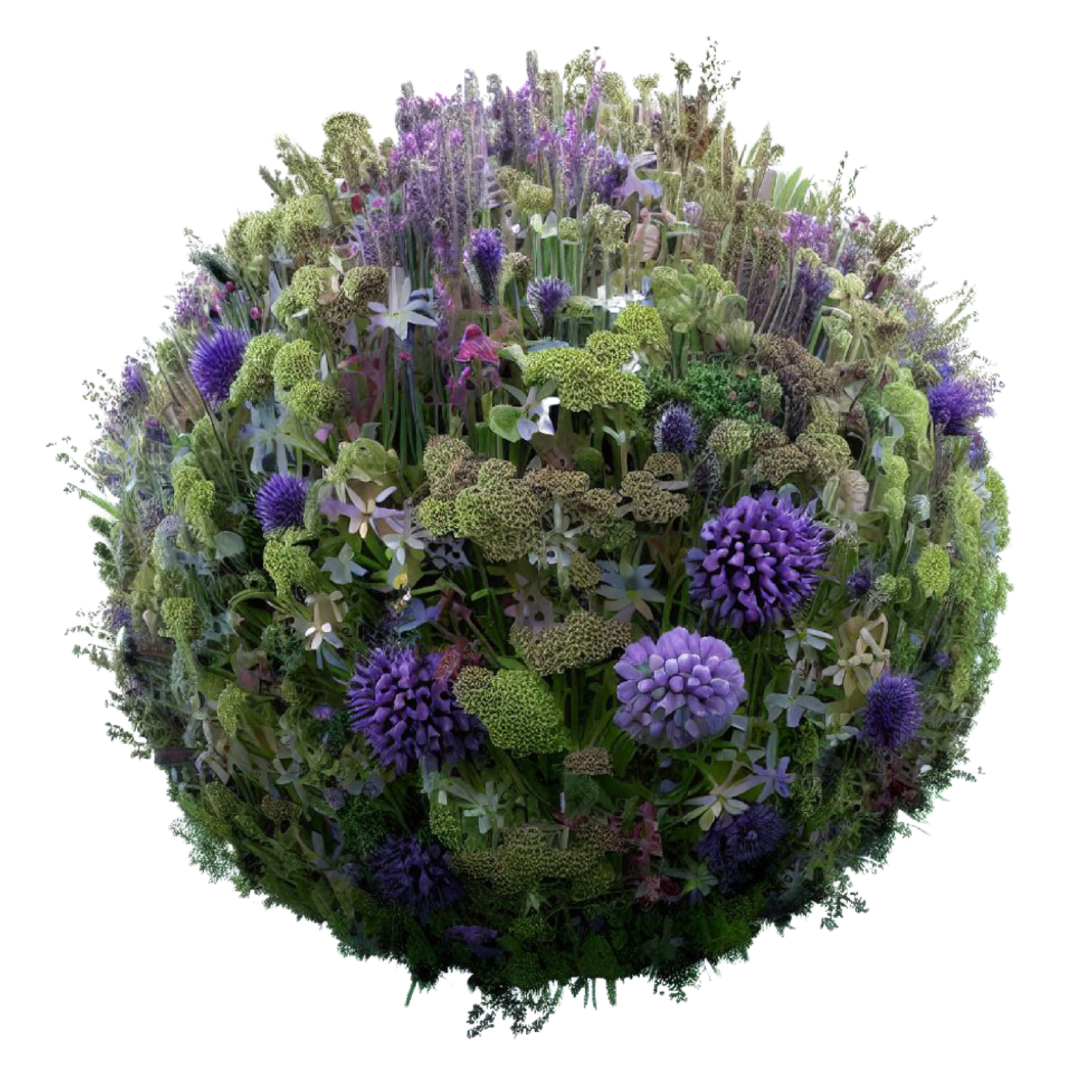A flock of sheep will eat pretty well everything in their path – wildflowers, buds, saplings and anything else that looks tasty.
Ben Goldsmith has been highlighting the perils of sheep, particularly in upland areas and in our national parks. He points out that apart from being incredibly destructive, sheep grazing on the hillsides are not even good for the economy. Click on the recording below for interview with Ben on Radio 5 Live (Apr23)

Apparently, farmers are given huge amounts of tax payer subsidies based on how much farmed land they possess. Apart from this resulting in them grubbing out the hedgerows, draining wetlands, destroying woodlands and getting rid of rough margins this had led to tens of millions of sheep denuding the landscape. This in turn leads to flash flooding, soil erosion and less resilience to droughts. Oh dear!
Ben also tackles the issue of food security. He points out that sheep are raised on marginal land that wouldn’t be used for crops – but that their winter feed will generally be sourced from agricultural land outside the area, which means they could actually be ‘negative for food production’.

I was particularly interested to hear what Ben had to say in the context of wilding. As you may know, we have a very small holding or a large garden (9 acres), which we have turned over to encourage wildlife and increase biodiversity. I’m often advised to put in some livestock. The idea is that the rootling and hoof prints turn over the soil and make it more receptive to different types of wildflowers – the pioneer species, such as yellow rattle.
I haven’t embraced this idea for a number of reasons. First because one of the things that make our land special is the lack of fencing – we took away all the barbed wire and sheep fencing on-site. Aside from that, there’s the question of what animals would benefit the land – and which would be destructive. We do have deer but would prefer them in a venison casserole rather than biting the tops off our newly planted trees. Sheep have now been banished, of course. But what about ponies or pigs? The main problem with them is the fact they they would only be beneficial for part of the year – and then they’d have to go somewhere else. This isn’t tremendously practical.

However, there is a ‘silver bullet’ for upland farmers. The way that long-horned cattle disturb the ground is excellent for creating the conditions for wildflowers and wildlife to flourish. Ben describes moving from sheep to cows as the difference between black and white and technicolour. But, an important caveat – each cow needs to be able to roam free on 10 acres of land.
We have national parks in the UK to preserve nature. Many of us believed that sheep roaming the landscape were an integral part of this. Now we know better. If we want nature to recover we need a significant change in farming practices – promoted and supported by the government.
Out with the sheep. Let’s welcome highland cows. They look rather gorgeous too.




